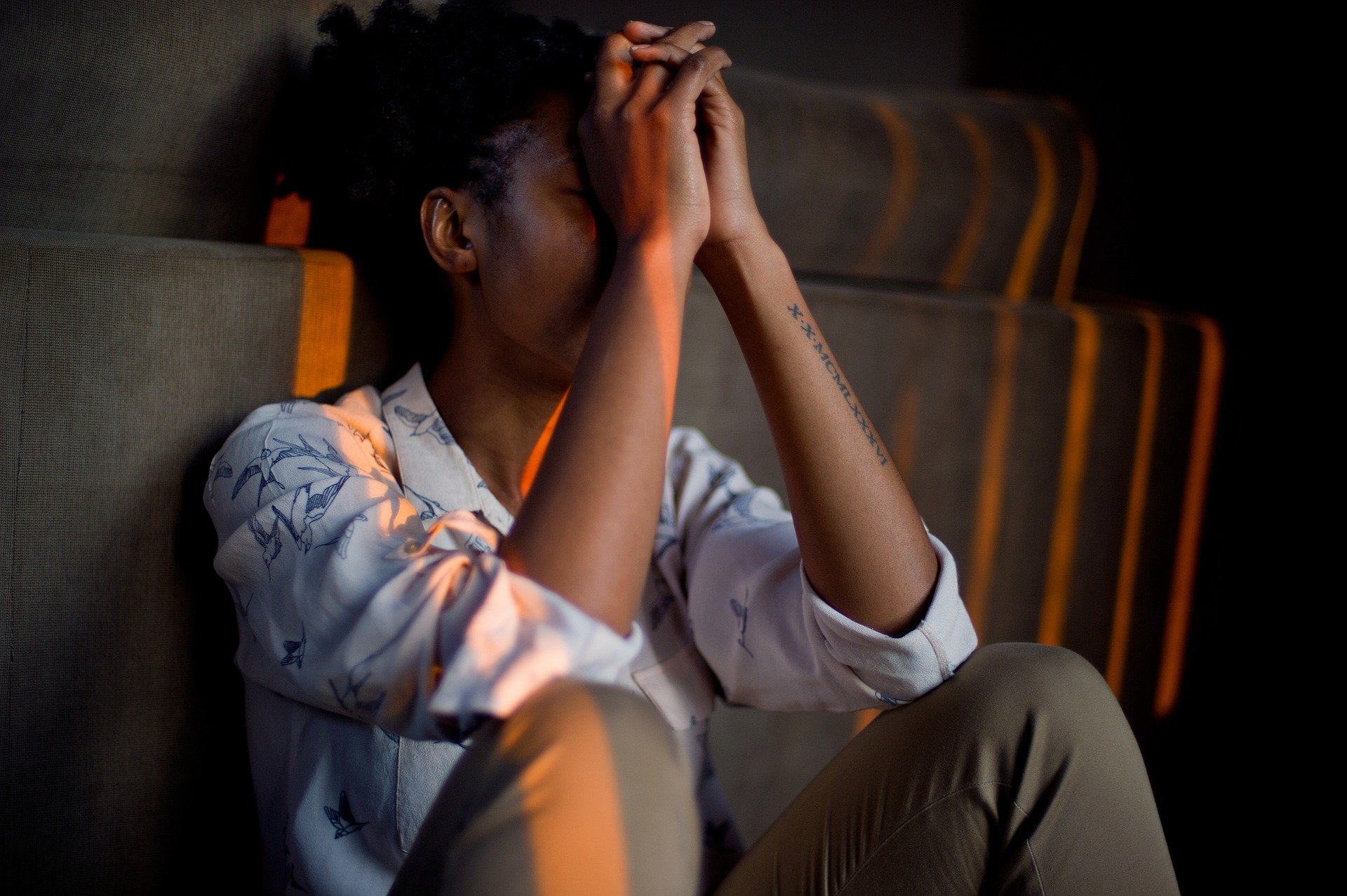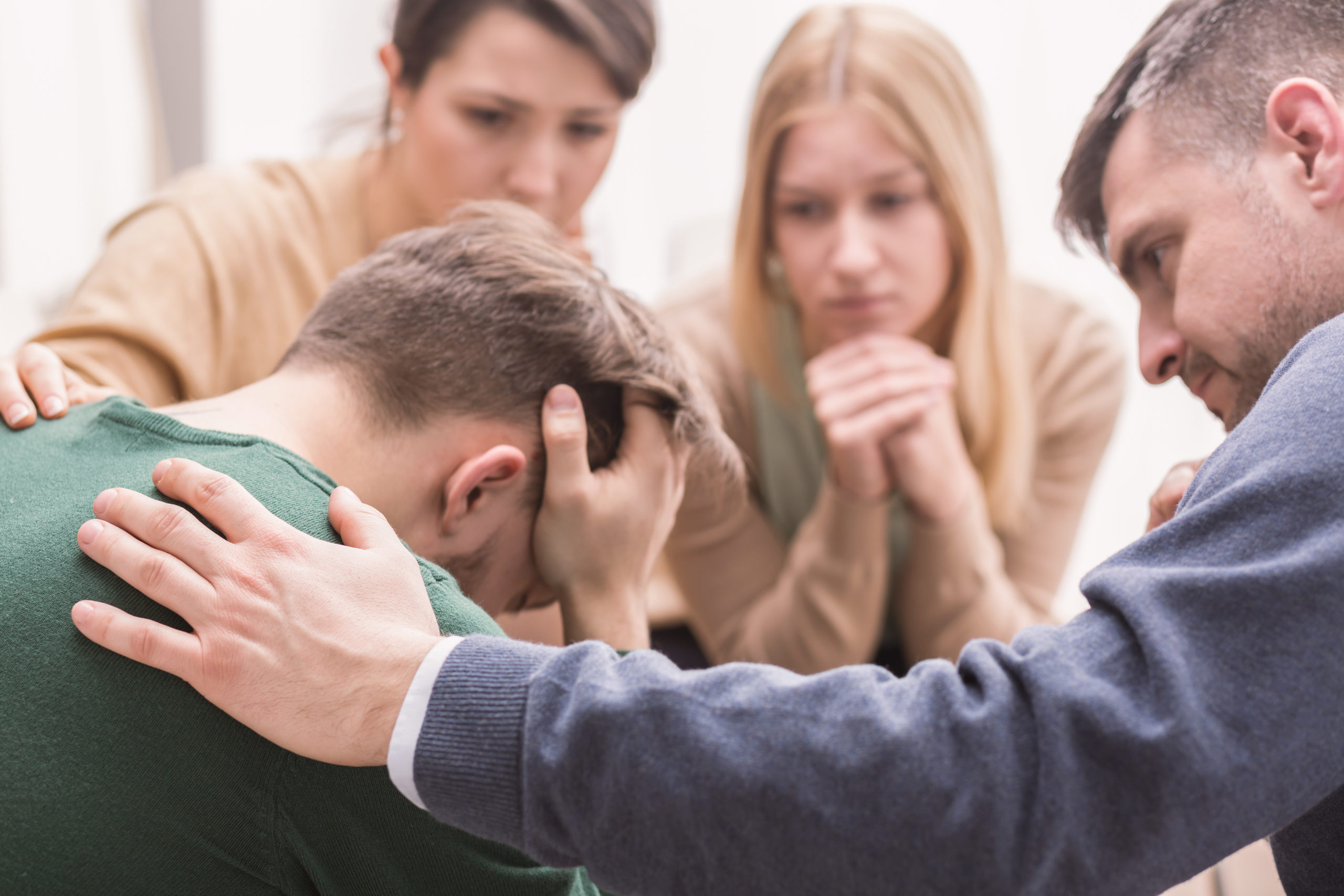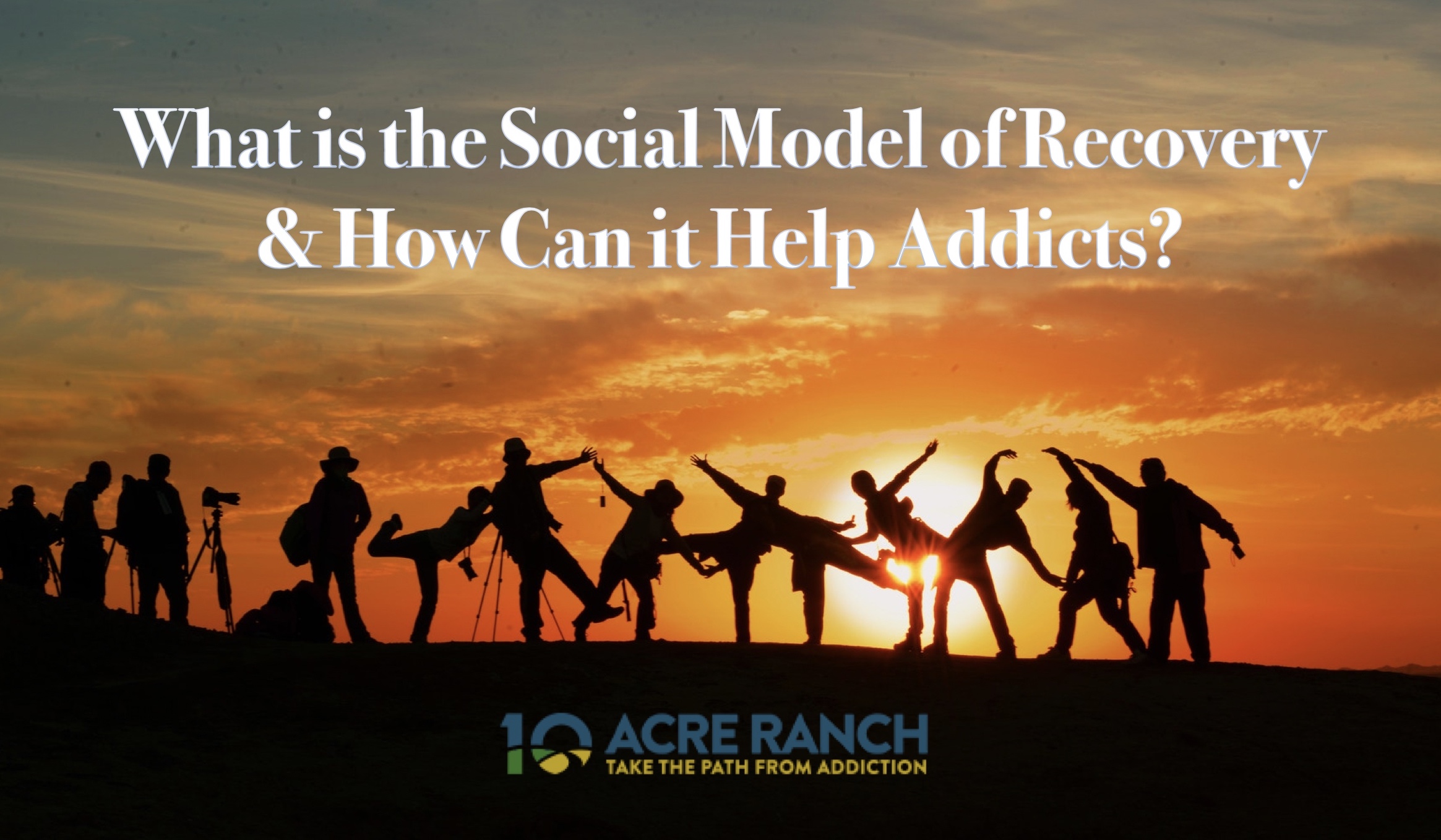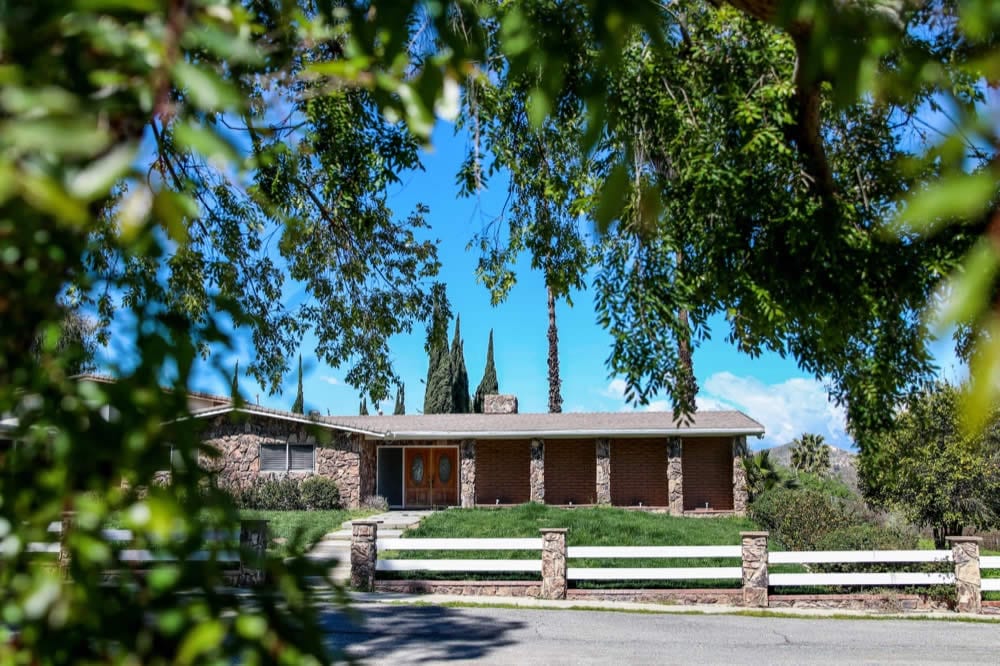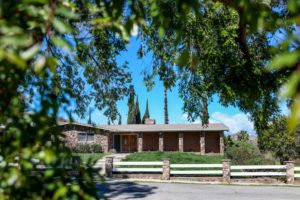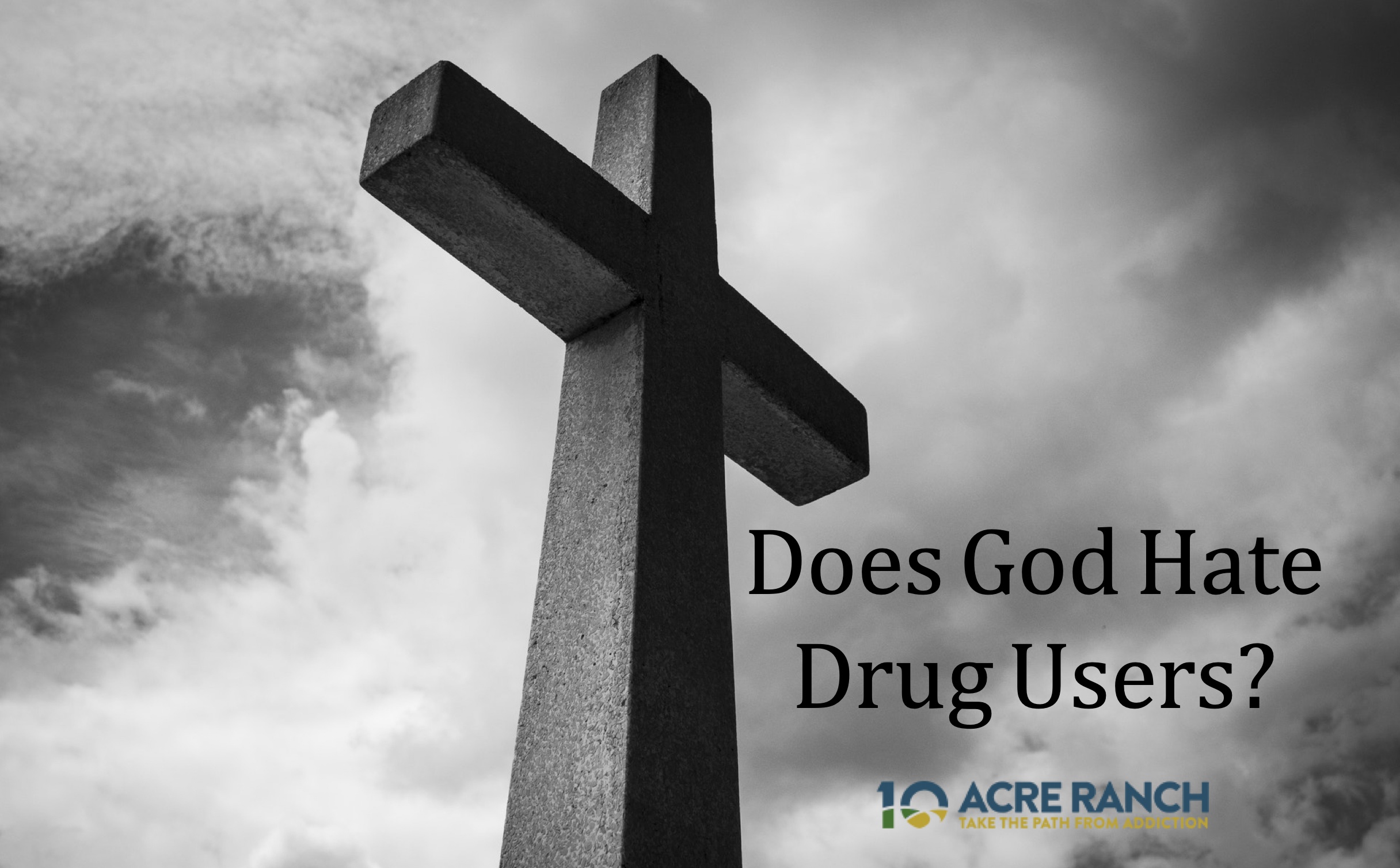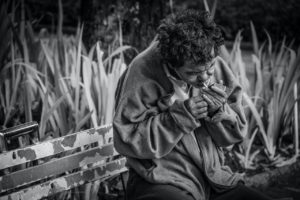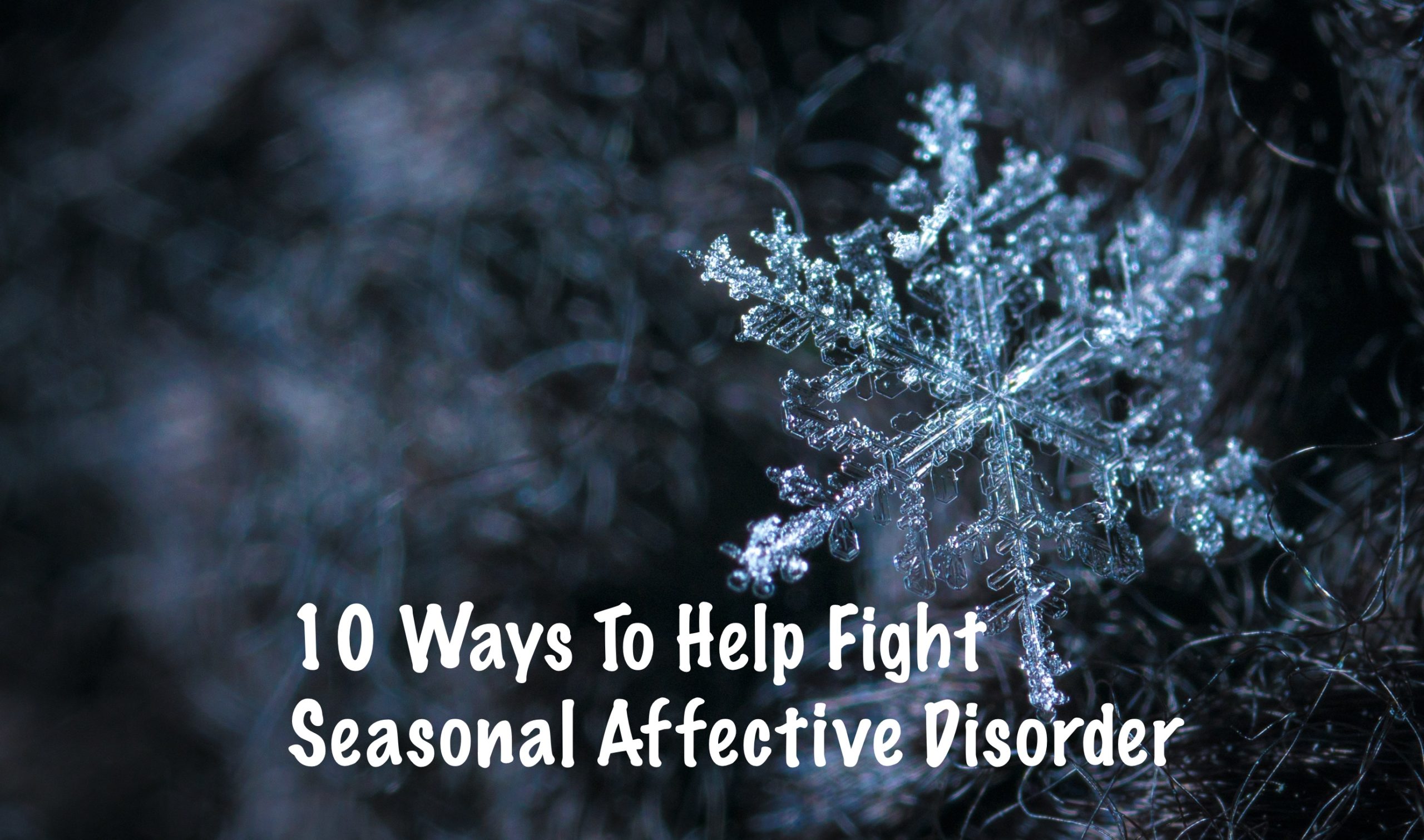When you’re worried that someone you love is addicted to drugs, you are often looking for signs of intoxication. And while that is important to look for those signs, you also want to be on the lookout for drug addiction withdrawal signs. Drug withdrawal, particularly alcohol withdrawal, can cause serious health issues and can even be fatal. Knowing what drugs are involved can help you recognize the withdrawal signs. Conversely, if you see the withdrawal signs, you can often figure out what drugs are being used. At 10 Acre Ranch, we can help you understand the withdrawal symptoms and safely help you or your loved one detox.
Why Do Drugs Cause Withdrawals?
Drugs usually cause withdrawal symptoms when the body has become accustomed to having the drugs. Drug addiction involves tolerance and dependence. Tolerance occurs when the body gets used to having a drug regularly and then needs more to feel normal. Dependence, while related to tolerance, is a bit different. When the body gets used to having a substance regularly, it begins to function differently. When you remove the substance, the body cannot instantly return to how it worked without the drug, and it rebels. Regular drug use rewires the brain’s circuits so that when you remove the drug, the brain does not know how to function in the same way anymore. Many of the drug withdrawal symptoms are the opposite of the effects the drugs used created. For example, many people take benzodiazepines to relax or address anxiety. However, withdrawing from these drugs has the opposite effect and can result in anxiety attacks and insomnia.
What Are Common Drug Addiction Withdrawal Signs?
Most drug addiction withdrawal signs vary according to the drugs that were used. The one symptom that is common regardless of the drug is irritability, and this makes sense because the body is rebelling against the drugs being withheld. What is interesting is that one of the most dangerous drugs to withdraw from is alcohol. Alcohol withdrawal can be as harmless as irritability, nausea, sweating, trouble sleeping, and anxiety. However, alcohol withdrawal can also include hallucinations, tremors, seizures, delirium tremens (DTs), and even death. Detoxing from alcohol without medical supervision can be quite dangerous and is even more dangerous if the person has been through alcohol withdrawal in the past.
Withdrawal symptoms for opioids include muscle pain, insomnia, diarrhea, vomiting, goosebumps, and restlessness. Sedatives and tranquilizers such as Xanax or Valium, can be extremely dangerous during withdrawal. If you have been abusing these drugs, you will want to detox under supervision. Withdrawing from sedatives can cause shakiness, seizures, insomnia, increased heart rate, increased blood pressure, elevated body temperature, hallucinations, seizures, and overactive reflexes. Marijuana withdrawal symptoms include decreased appetite, anxiety, and trouble sleeping. Conversely, withdrawing from stimulants has the opposite effect and can cause depression and tiredness. Using drugs messes with the body’s biology, and once you stop using, it takes the body some time to function normally without them.
Benefits of Going to 10 Acre Ranch for Rehab
At 10 Acre Ranch, we’ve been providing Southern California with expert addiction treatment for nearly three decades. Our mission is to rebuild lives, restore families, and improve communities. We are one of the leading rehab facilities in California and offer a wide range of programs that will meet your needs. We are experts in helping people safely detox from drugs and do the work to stop using drugs. We provide a warm and welcoming environment where we integrate the treatment to heal the whole person. We are committed to helping you break free from active addiction. Contact us today and let us help you with your addiction!
